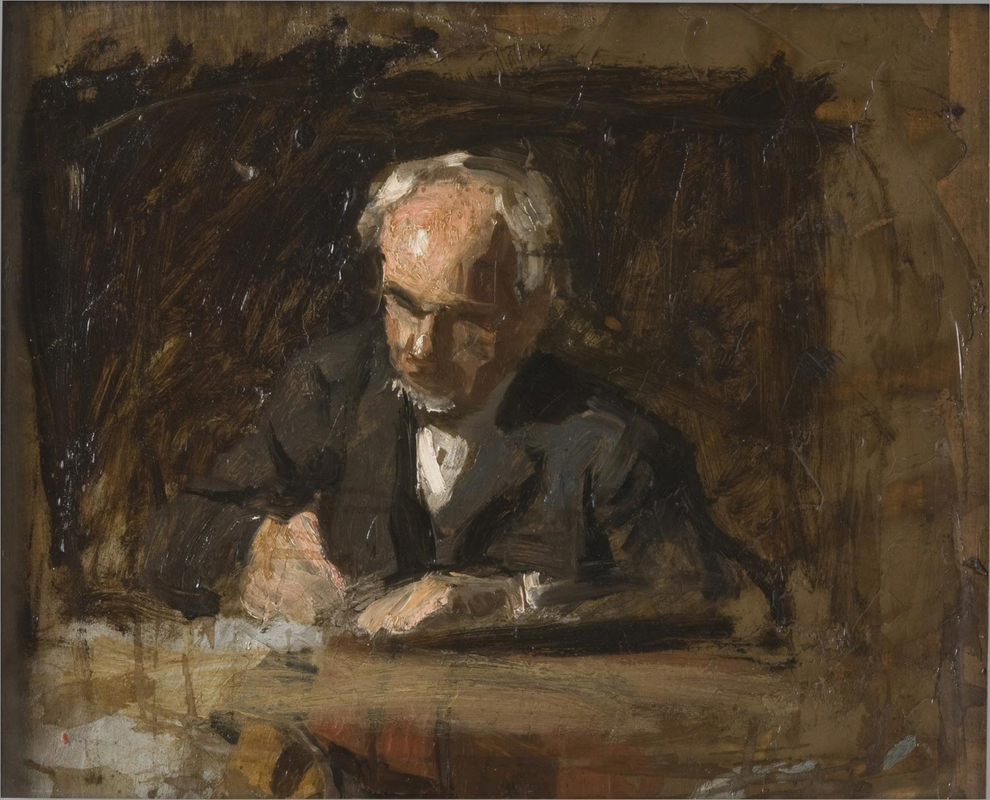|
The Breadcrumbs widget will appear here on the published site.
On WantBy Laura Smith QuailBellMagazine.com Every character should want something, even if it is only a glass of water. –Kurt Vonnegut, Bagombo Snuff Box: Uncollected Short Fiction We all want. We want an ice-cold Snickers, for the neighbor to take down that obnoxious political sign for the wrong candidate, for our nephews to get hyper only when back in their parents’ care. We want meaningful relationships, for our work to be recognized, for our intentions to be understood. We want to listen to that gorgeous folk song on repeat until we’re sick of it and have drained our cathartic reserves. And our characters do, too. Characters’ wants drive plot. Gatsby’s dream of Daisy inspires his whole sad trajectory. Franny Glass’s need for understanding and clarity predicates her crisis, and Sophie’s deep need for peace, for simultaneously remembering and forgetting, determines her final choice with Nathan. These wants create conflict, provide us with tension and contradictions, and reveal who we are—both ourselves and our characters. A character’s wants can be an honest place to show deep contradictions. We all carry a contradictory internal monologue. We think that ex-boyfriend was a terrible person and clearly to blame for never knowing what he wanted, but we also blame ourselves for not seeing the breakup coming, for not knowing him well enough to become someone he could want. We think we behaved nobly by confronting our mothers about the dishonesty and selfishness in being judgmental, but privately we acknowledge our hypocrisy, admit we were only angry about their judgment of us. We gloss over the selfish intentions of our impulses with others in order to piece together a narrative in which we are justified, in which we are worthy of empathy. We are unreliable narrators, even with ourselves. Allowing a character to want and feel conflicting things can demonstrate the contradictions inherent in emotions and relationships: how when love makes us vulnerable, it can look a lot like hate. How love is both giving and selfish because it requires so much of us and because it reveals our deepest needs. How these contradictions drop the floor of our understanding—show us other levels we hadn’t imagined, other selves we would not otherwise confront. The innocent and the guilty, the shamed and the shameless, the brave and the vulnerable. Though we may begin with a focused, simplistic desire or emotion, we have to complicate that desire by showing its dissonance to show the complexity of a person. In stories as in music, that’s where we find beauty: in the strident tone that stretches through a chord and, once identified, resolves to sweet, aching relief. #Essay #OnWant #Characterization #Writing #CreativeWriting #Character
CommentsComments are closed.
|
|








